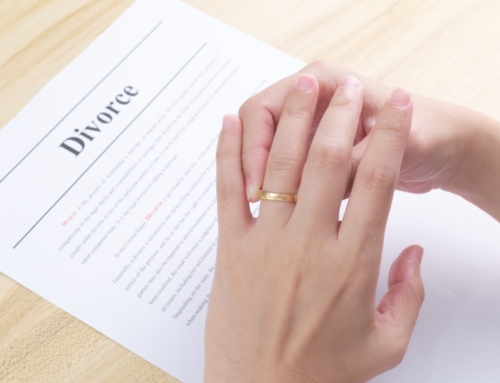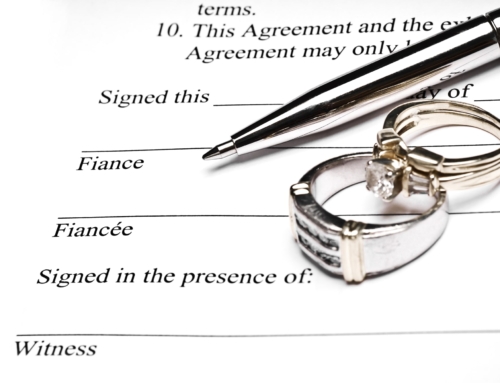When a married couple separates, there are many financial matters to consider. A key aspect to think about is pensions and divorce, with couples often overlooking this area, leaving themselves at risk.
Pension attachment orders are a legal tool that can be used in the division of pension assets between divorcing parties. Whether you want this type of attachment order will depend on your unique circumstances and goals, so it is important to seek professional advice from a divorce lawyer to protect your financial interests.

What is an attachment order?
A pension attachment order is also known as an ‘earmarking order’, referring to a court-issued legal document during divorce proceedings. The order directs all or a portion of one party’s pension income to be paid to the other spouse upon retirement. This allows for the sharing of pension benefits without transferring ownership of the fund.
How do earmarking orders or pension attachment orders work?
Under a pension attachment order, a specified percentage of the income or lump-sum benefits when retiring is earmarked for the other spouse.
When the pension-holder starts getting their pension benefits, all or some of it will be sent directly by the scheme to their former spouse. This could be in the form of regular payments, tax-free cash sums or a lump sum if the member dies.
Earmarking orders do not allow for a clean break in financial ties between spouses or cover state pensions.
What are the pros and cons of pension attachment orders?
It is always best to talk through the advantages and disadvantages of pension attachment orders with an experienced divorce lawyer so that they tailor advice to your individual circumstances.
Some may prefer the simplicity of setting up an earmarking order and the fact they can continue to manage the growth of their own pension fund until retirement. New orders may also be flexible to circumstances, affected by income or retirement age changes. On the other hand, some couples would prefer a clean break and do not want any ongoing financial links, especially into retirement age.
If future planning, these orders could be a risky option, as the recipient has no control over the investment choices or management of the pension fund, so there is no set income or payable benefits guaranteed. The payments will also stop if the pension member dies, leaving their ex-spouse without further income from the scheme.
What is the role of a divorce lawyer in protecting pensions?
When considering pension attachment orders or any other financial aspects when separating, consulting with a divorce lawyer is vital. They will provide essential expertise on pensions when divorcing, explaining the implications of different financial options to help you make informed decisions.
Your lawyer can negotiate with your ex-spouse’s legal representative to secure the best possible outcome for your financial future. They will also ensure legal compliance so that procedures are followed correctly and any agreements or orders are enforceable.
Need advice on pensions and divorce? Speak to our experts
Bellwether Solicitors are experts in family law, covering options for your pension when divorcing. We have offices in Kingston and Cheam, serving clients in Hampton, Ewell and beyond.
For specialist divorce and pensions advice, get in touch.







